Simmons Passes Law to Expand the Definition of Bicycles in Illinois
- Details
 SPRINGFIELD – To ensure bikes are properly defined in Illinois, State Senator Mike Simmons’ new law aligns the definition of bicycles in Illinois.
SPRINGFIELD – To ensure bikes are properly defined in Illinois, State Senator Mike Simmons’ new law aligns the definition of bicycles in Illinois.
“As an avid bike rider myself, I know how many people use our pathways every day for work, exercise, and enjoyment,” said Simmons (D-Chicago). “When someone rides their bike in our communities, they can now be confident of their safety and legality.”
Simmons’ passed into law Senate Bill 2285, which expands the definition of bicycles to include low-speed electric bikes alongside any human-powered device, which will allow for expanded complete streets planning for all using bikes.
“This is a simple fix to the rules that will allow for more people to bike together and bike safely,” said Simmons.
Senate Bill 2285 was signed into law on Friday.
Retirement savings options expanded under Peters’ law
- Details
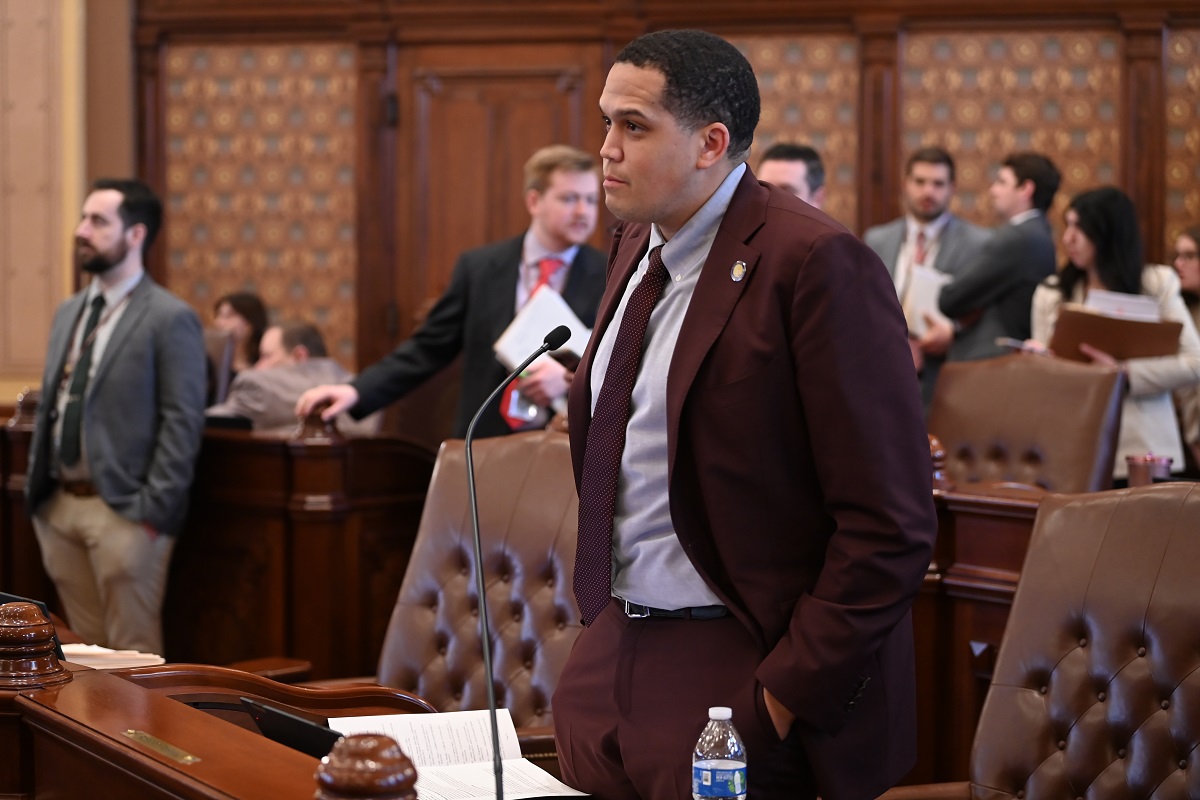
“Our residents deserve retirement savings options that offer them greater flexibility and control while still prioritizing their financial security,” said Peters (D-Chicago). “This law does just that – empowering people to tailor their financial planning, addressing financial vulnerability and promoting equity in retirement savings.”
In 2015, the state created the Illinois Secure Choice Savings Program to address the growing gap in retirement savings for Illinois workers. Nearly 40% of private sector workers in Illinois do not have access to an employer-sponsored retirement plan, leaving many with no way to save for the future. Since its inception, the program has helped over 150,000 participants save more than $200 million for retirement, with more than 25,000 employers offering the program to their workers.
Read more: Retirement savings options expanded under Peters’ law
New Fine law provides additional workplace support for nursing mothers
- Details
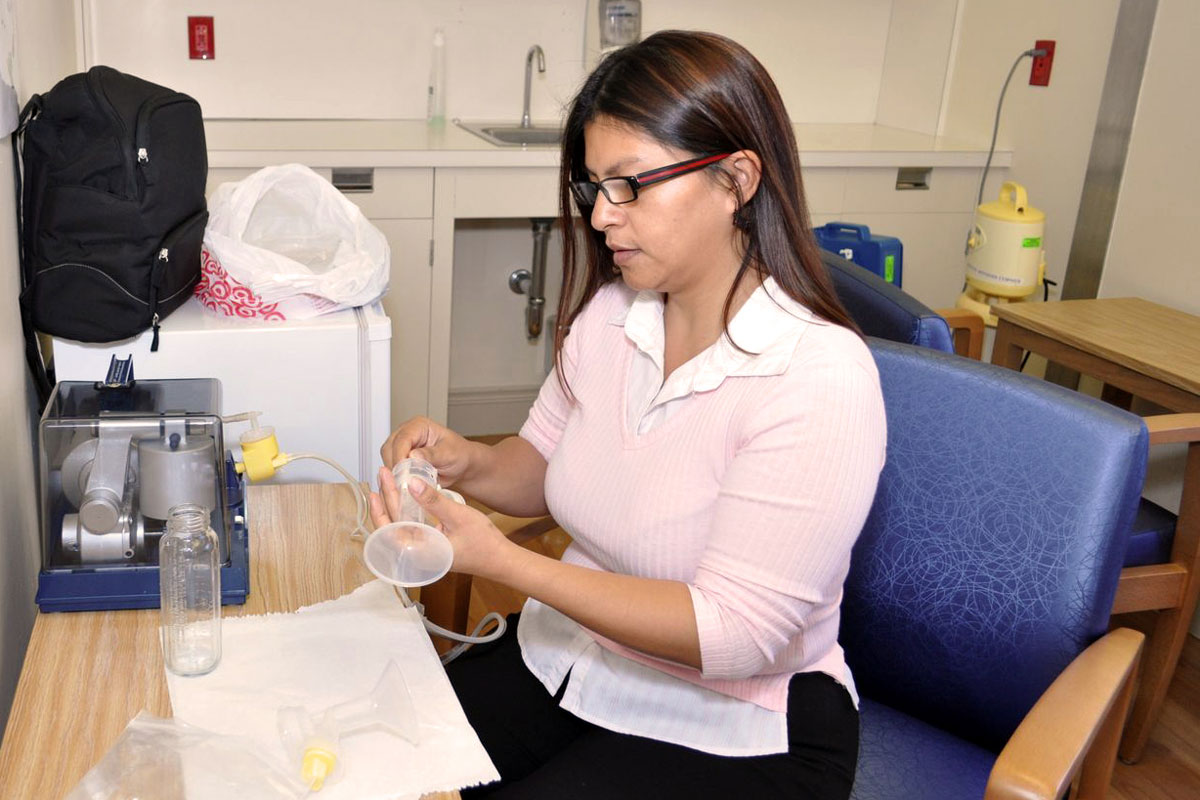 SPRINGFIELD – To support mothers trying to balance work life and home life, State Senator Laura Fine’s legislation to allow for paid break time for pumping breast milk has been signed into law. This law ensures working mothers who nurse their infants do not have to be concerned about losing income in order to provide for their baby.
SPRINGFIELD – To support mothers trying to balance work life and home life, State Senator Laura Fine’s legislation to allow for paid break time for pumping breast milk has been signed into law. This law ensures working mothers who nurse their infants do not have to be concerned about losing income in order to provide for their baby.
“Without workplace accommodations that consider the time required to breastfeed a newborn or infant, the burden of balancing work responsibilities and personal responsibilities becomes increasingly challenging,” said Fine (D-Glenview). “We are not only encouraging a supportive work environment for these employees, we are also empowering Illinois mothers who must work to support their families.”
Fine’s new law clarifies that employees’ time for pumping breastmilk has to be paid and that employees would not be required to use paid leave during breaks.
Read more: New Fine law provides additional workplace support for nursing mothers
Feigenholtz: No matter your gender identity or expression, you are welcome to build your life in Illinois
- Details
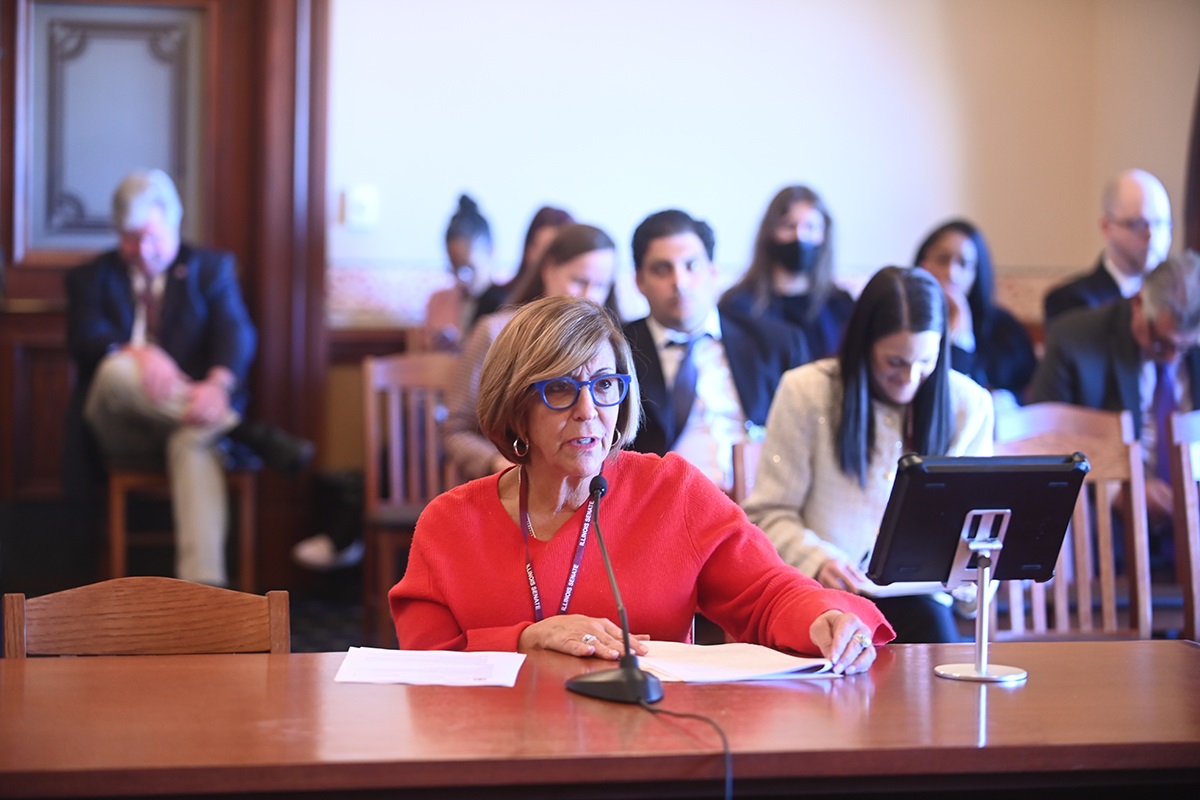
SPRINGFIELD — Despite the decade that’s passed since marriage equality became the law of the land in all 50 U.S. states, the LGBTQ+ community still faces persistent discrimination in housing and barriers to homeownership. Recognizing the need for change, State Senator Sara Feigenholtz championed legislation that updates Illinois’ property laws with gender-neutral language.
“For years we have methodically chipped away at outdated, stereotyped and outright exclusionary language in our state’s laws,” said Feigenholtz (D-Chicago). “Today we take another step to strengthen our property laws — sending the message that no matter who you love, your gender identity or expression, you are welcome to build your home, family and life here in Illinois.”
Currently, Illinois law only references property transfers between a husband and wife, leading to lengthy delays in real estate transactions for same-sex couples and transgender individuals. Feigenholtz’s new law addresses this barrier by revising state law to refer to married couples with gender-neutral language, giving clarity to title companies and ensuring same-sex couples do not face barriers to acquiring or transferring property.
More Articles …
Page 25 of 738

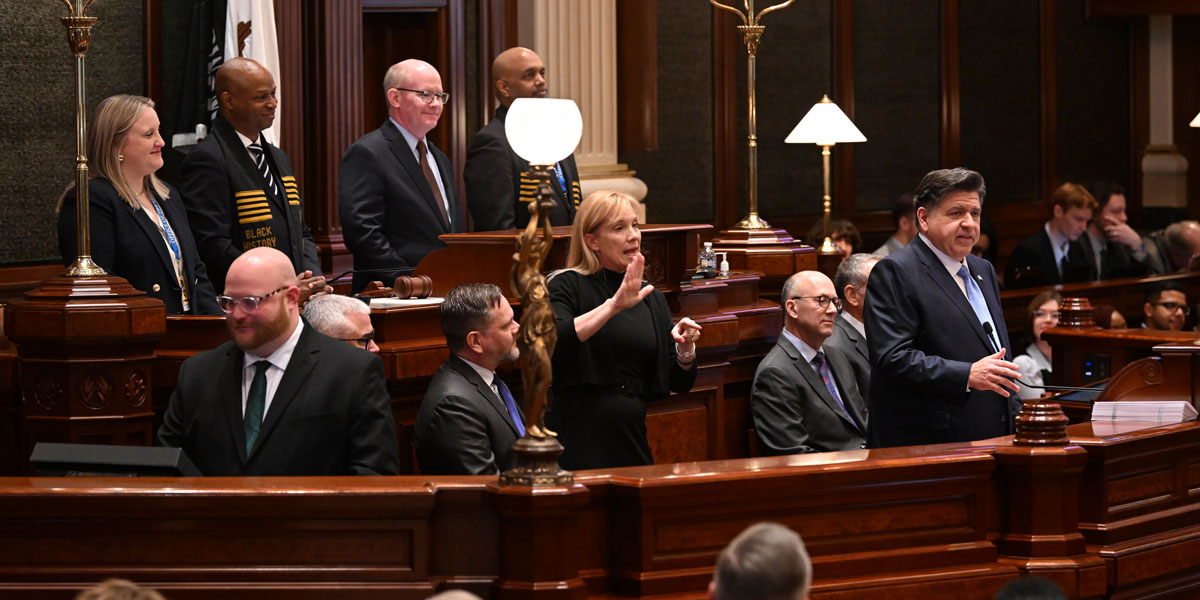


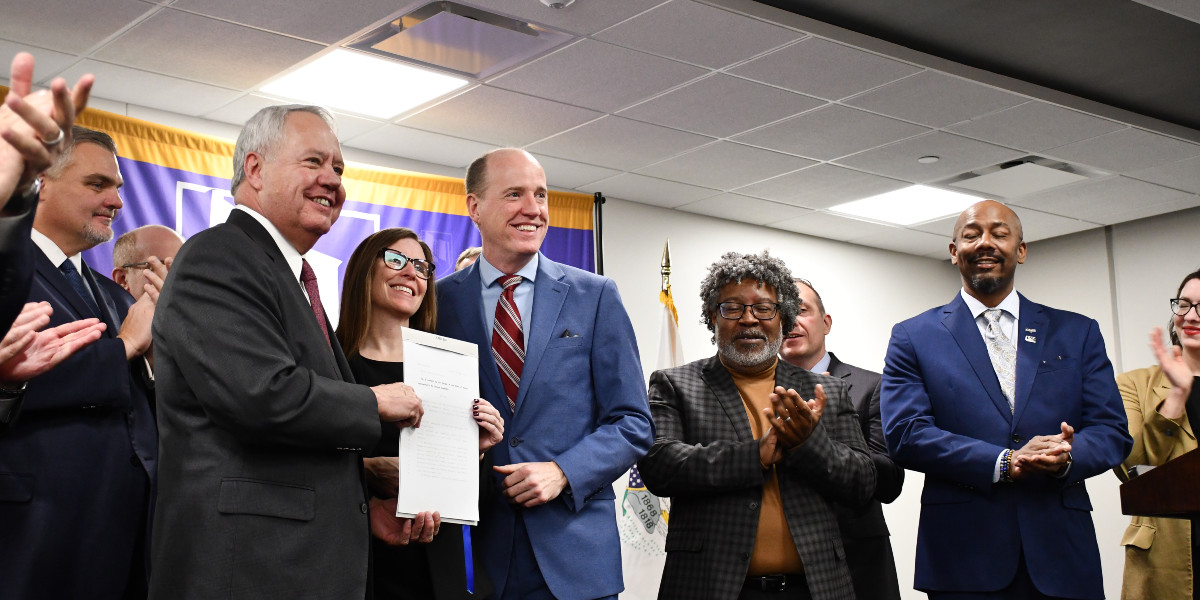



















 © 2026 Illinois Senate Democratic Caucus
© 2026 Illinois Senate Democratic Caucus